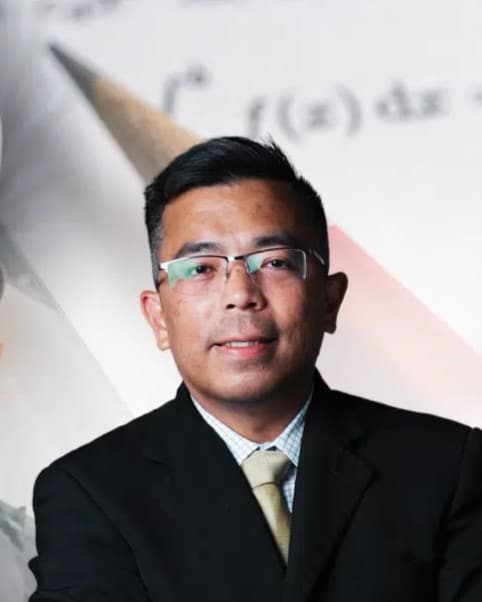Most of the time, when prospective PhD students express interest in nominating me as their supervisor, I invite them to meet me either online or in person. These discussions usually take place in my office or sometimes over coffee on campus. I don’t require them to bring a stack of documents, but I do expect a brief, two-page PhD proposal. This so-called informal meeting serves as a mutual introduction. During the conversation, I often ask: Why do you want to pursue a PhD?
If their answer is simply “to get the title of Dr,” or “to fill free time,” or worse, “because my spouse or family is pushing me,” I will gently respond: I may not be the right person to supervise your PhD.
Pursuing a PhD is a serious commitment, especially for working professionals who also have family responsibilities. They must be mentally and physically prepared before registering. I do not want anyone wasting their money on tuition only to make no progress. Part-time students such as school teachers often begin work as early as 7:15 a.m. and may not finish until after 3:00 p.m. By then, they are exhausted. Married female students, in particular, often juggle additional responsibilities at home. That’s why readiness is key and I believe in being transparent about the level of commitment required.
Once they have seriously considered all aspects and are still determined to proceed, they may officially nominate me through the university’s application system. From the start, students must immerse themselves in reading high-quality journal articles, academic books, and theses. At the Faculty of Educational Sciences and Technology (FEST), PhD students are required to take a core course in Research Methodology. This online course must be passed before they are allowed to present their research proposal.
Effective time management is essential. Numerous workshops and short courses both within and beyond the university can help sharpen their academic writing and research skills. Writing a PhD proposal or thesis demands creative and critical thinking. It is far beyond undergraduate-level work. Today’s students are fortunate to have access to a variety of Artificial Intelligence (AI) tools that can support their writing, along with workshops on how to use them effectively.
PhD students must also meet regularly with their supervisors, not just during progress report season. A supervisor’s role is not merely to approve a completed proposal, we are here to guide and refine the research throughout the journey. Keeping your supervisor informed and engaged is part of a healthy supervisory relationship. And no, you should not take it personally if your supervisor offers stern feedback. That is part of our responsibility to ensure your work meets the standards of a PhD.
As an academic from a social sciences and education background, I remind my students that their work involves interacting with people. That requires strong soft skills. They will have to communicate professionally with education officers, headteachers, principals, and even students. Patience and politeness are essential especially when waiting for responses during data collection. Courtesy opens doors.
At Universiti Teknologi Malaysia (UTM), PhD students must also publish journal articles before they can sit for their viva voce. Supervisors can help, but ultimately, the research and writing must be the student’s own. That means PhD candidates must develop both research and writing competencies, not just for their thesis, but also for publication.
Two milestones define the PhD journey: the proposal defense and the viva voce. These are pivotal moments to shine—when others will listen attentively and critically evaluate your work. I always remind my students: make these moments count. At the same time, avoid being overly defensive or confrontational. Instead, respond to questions thoughtfully and professionally. I have had several PhD students who remained calm and composed during their viva sessions, which helped create a positive and respectful atmosphere in the room.
In conclusion, I agree with those who say that a PhD is a journey, not a destination. Students grow intellectually, emotionally, and socially along the way. A PhD is not just about producing a thick thesis that gathers dust on a shelf. It is about transformation. It’s about acquiring knowledge, developing character, and stepping into the next phase of life at a whole new level.

Associate Prof. Dr. Abdul Halim Abdullah
Faculty of Educational Sciences and Technology
Universiti Teknologi Malaysia



